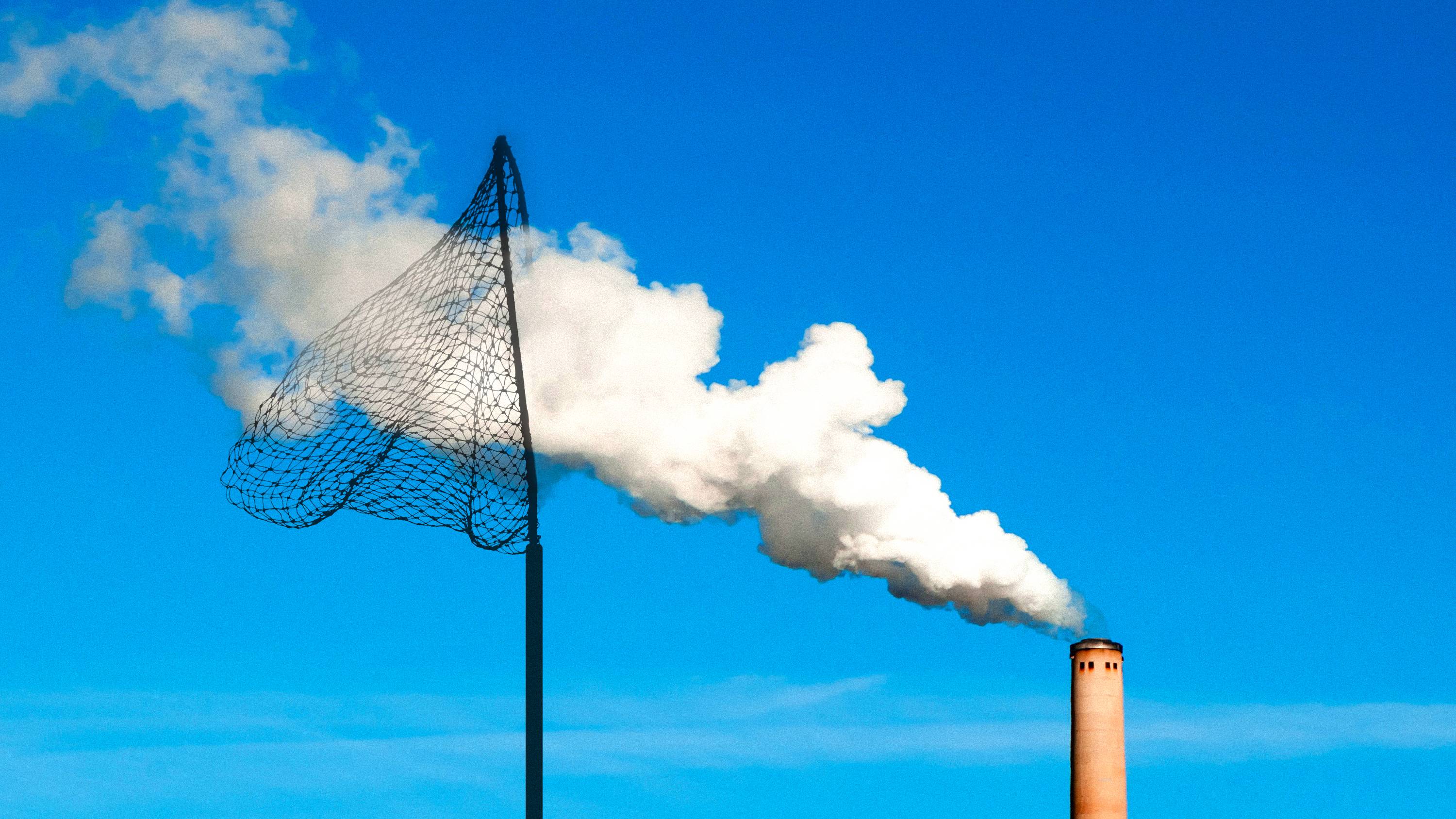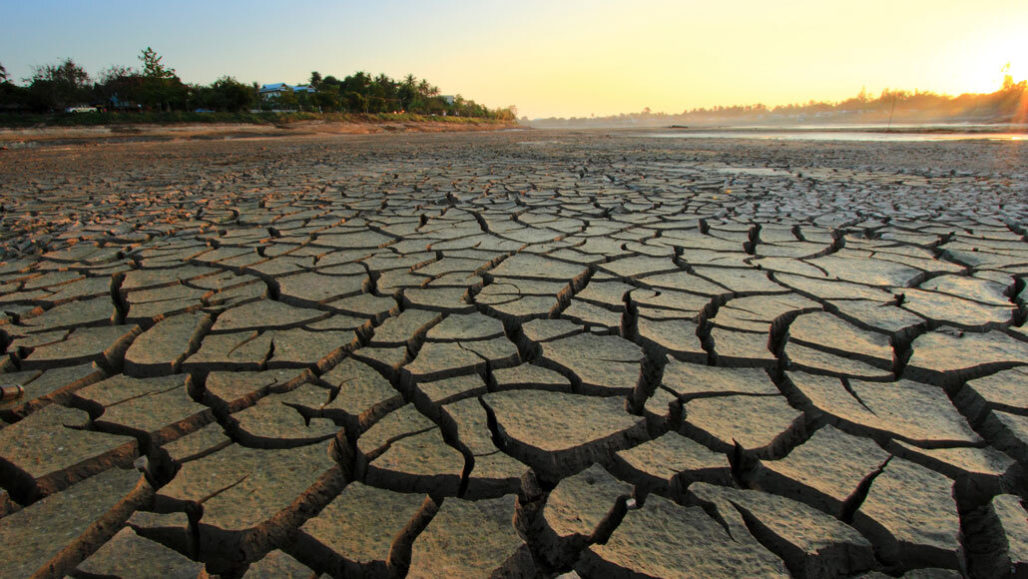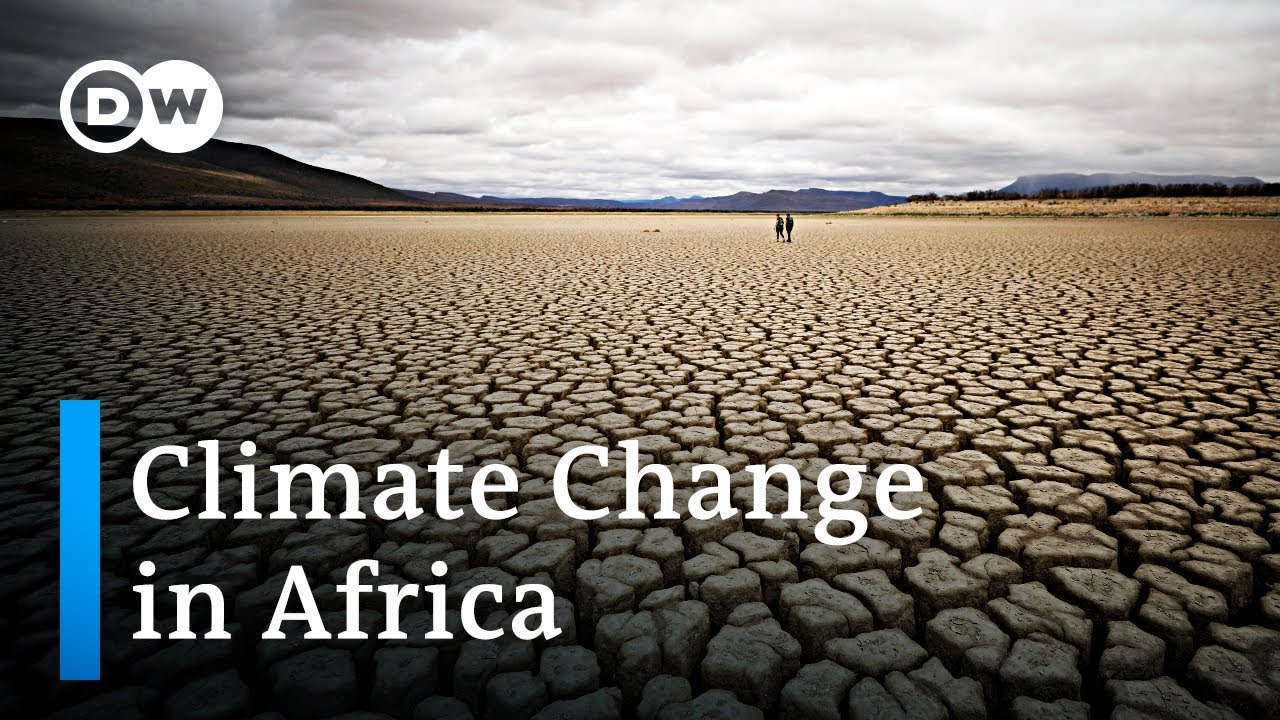
Air pollution has a disproportionate impact on human health, causing premature death and disability. Many times, though the causes of polluting air are not directly related with climate change, the effects are often magnified by it.
Climate change is known for increasing ozone and fine particle levels. These pollutants are the most significant contributors of human health to the effects of air pollution. However, they can also be affected by the composition of air and meteorological factors. A number of studies have examined the potential health impacts of climate change on air quality. Although the results of these studies are diverse, some have shown increases in ozone-related deaths and decreases in PM2.5 levels.

Other studies have examined the influence of climate change on primary and secondary pollutants. Changes in the concentrations biogenic volatile organ compounds (BVOCs), as well the intensity of near -surface ozone production, can alter the rate for atmospheric deposition and the rate at pollutant transform. Climate change will affect atmospheric ventilation and plant metabolism. Climate change can also have an impact on the distribution of and infiltration secondary and primary pollutants. This feedback loop will affect air quality, but the magnitude of the resulting health impacts depends on the threshold assumed in the study.
Study have examined the effects of climate change on different populations in the world and have also modeled the future air quality. Some studies focused on the health effects of ozone and PM2.5 while others modeled the effects of climate change on the entire United States. These assumptions affected the results, as did the projection of these pollutants' emissions, the climate scenario and the projected background population.
The United States is a large source of ozone and particulate matter. Already, record-breaking hurricanes have been recorded and wildfires have broken records. The manufacturing sector has high pollution levels and rapid technological change has led to an increase in the use of resources. The reduction of fossil fuel combustion would decrease the emissions CO2, ozone and fine particulate matter. It would help to reduce the effects of climate change on air quality and increase its effectiveness.
There are many important sources of air pollutants. Fossil fuel combustion as well other activities such as mining or agriculture can cause air pollution. Natural sources of air pollution include dust storms and fossil fuel combustion. When these sources are reduced, the impact of climate change on the health of the general population is reduced.

While there are numerous studies that estimate climate change's impact on air pollution, the majority of them are based only on projected future emissions or mortality rates. These estimates can be very useful, but they are affected by many variables. One study compared prevented deaths with those that are not prevented by a policy scenario. Another study looked at the impact of climate change on the air quality in Atlanta.
Overall, air pollution will suffer from climate change. However, there are many unknowns about the severity of these effects. Future population levels provide the most reliable estimates, as current mortality rates and socioeconomic developments can lead to errors.
FAQ
What is the role of individual and community members in addressing climate changes?
The biggest challenge we face right now is climate change. It is an issue that affects everyone and requires our collective attention, as well as individual action, for us to make a difference.
Individuals play a vital role in addressing climate change and reducing its impacts. Everyday behaviors can include anything from reducing waste and consuming consciously, going through changes in lifestyle such as switching to a vegetarian diet, consuming less meat, using public transportation more often, and choosing more sustainable materials in clothing and home decor. Additionally, they can take part in political advocacy and promote initiatives in their communities that foster sustainability.
The key to addressing climate change at a larger scale is also the role of communities. They can help reduce carbon emissions by promoting sustainable energy sources, improving infrastructure for electric vehicles and cycling, and encouraging waste management through composting. Collaboration between different communities across cities and countries is fundamental for achieving success in this mission.
Furthermore, it is important to start education in the early stages and continue learning throughout your life. This will make individuals more aware of the problems and help them understand the interconnectedness with societies farther away than their own.
Employers bear a huge responsibility for combating climate change. It is important that they adopt sustainable corporate practices and use green alternatives wherever possible.
Therefore individuals' actions plus community-wide policies together with business transformation will contribute immensely towards creating solutions against global warming and collectively defending humanity against longer terms harmful effects growing out from climate change.
What are the impacts of climate change on society and the environment?
Climate Change can have broad impacts on society as well as the environment. Climate change will have many impacts on the environment. These changes can have severe consequences for human populations. They can lead to instability, increased poverty, insect-borne diseases and altered migration patterns.
Already, climate disruption is already having profound impacts on the environment and society around the world. As global temperatures rise, it is likely that this trend will continue in the near future.
The most significant effect of climate change globally is the rise in ocean levels caused by melting ice caps. This leads to shoreline erosion at many coasts as well as an increased risk for flooding for coastal communities. Saltwater intrusion is also a problem, and can negatively impact freshwater supplies along the coasts of many countries.
Climate change is causing extreme weather events like heatwaves, droughts and other severe weather to occur in many countries. These events cause massive destruction to homes, businesses, and sometimes even wipe out entire towns. In addition, intense storms create further risks related to flooding or landslides that increase damages to infrastructure such as roads and railways.
Additionally, wildfires caused climate change are more common than ever. They can be devastating for both the habitats and the people who live nearby.
This drastic change in living conditions is often a result of displacement or even refugee situations. When people decide to leave their homes, either involuntarily or voluntarily, it can be because their town has become too dangerous or not habitable due the changed climate conditions.
Increased aridity also increases dust storms worldwide with unhealthy air pollution caused by these making it difficult for people who suffer from respiratory illnesses such as asthma especially vulnerable. Furthermore, pest infestations are predicted to rise in tandem with warmer temperatures. This phenomenon is known as the 'greenhousebug'. Global food insecurity will continue to grow as fewer crops have lower nutritional qualities. This could potentially lead to more hardships for people already struggling to make ends work.
How can the energy sector be involved in climate change?
The role of the energy sector in climate change is immense. Global warming is caused by the release of carbon dioxide into the atmosphere. This traps heat and causes an increase in Earth's average temperature.
To address this issue, energy sources must transition away from carbon-emitting fuels like coal and natural gaz and instead turn to renewable energy sources like solar, geothermal, wind, and other renewable sources. This shift can be made possible by both government policy and incentives as well investments in innovative technology like hydrogen-fuel cells. Businesses and households will be able to reduce their carbon emissions and lower their electricity bills if they invest in infrastructure that supports renewable sources.
Other ways include switching from polluting transportation options such as petrol-fueled cars to moving towards electric or public transport. The government has great power to help societies transition away from oil-based infrastructures. They can support research into battery technology and encourage consumers to invest in cleaner modes.
Companies must also adopt green business practices to reduce their carbon footprint. This includes installing better insulation in offices and implementing energy efficiency plans at production plants. This can drastically reduce operational expenses while also improving environmental performance metrics.
These initiatives must not only be supported at the company level, but also at the federal level to be truly successful. Taxing pollution products increases individuals' willingness to adopt healthier practices. But this won't force them to compete with polluters. Instead, vouchers or subsidies for low carbon products will create a continuous market to support sustainability. The private and public sector must work together to combat climate change. Providing vouchers or subsidies for low-carbon products and switching to cleaner energy sources will create a market that supports sustainability efforts.
Statistics
- According to the 2014 report on Climate Change Impacts, Adaptation, and Vulnerability (page 8) from the United Nations Intergovernmental Panel on Climate Change, governments at various levels are also getting better at adaptation. (climate.nasa.gov)
- features Earth's average surface temperature in 2022 tied with 2015 as the fifth warmest on record, according to an analysis by NASA. (climate.nasa.gov)
- According to the 2014 report on Climate Change Impacts, Adaptation, and Vulnerability (page 8) from the United Nations Intergovernmental Panel on Climate Change, governments at various levels are also getting better at adaptation. (climate.nasa.gov)
- Indigenous peoples and local communities receive less than 1% of all climate funding despite scoring wins for people and nature Africa's broken food markets must be fixed to tackle hunger (climatechangenews.com)
- Fossil fuel production must decline by roughly 6 percent per year between 2020 and 2030. (un.org)
External Links
How To
How to Support Climate-Friendly Companies and Policies
There are many ways that individuals can support climate-friendly companies and policies. This can include speaking out against non-climate-friendly businesses or politicians, voting for pro-environment candidates, writing letters or emails of encouragement to those who are already taking positive action towards the environment, and signing petitions in favor of policies that encourage and support climate-friendliness. Individuals can take practical steps like switching to greener providers or choosing more sustainable products than those that emit higher carbon emissions.
Supporting climate-friendly policies and companies is one of the most important steps in reducing one’s carbon footprint. It is possible to make simple changes such as turning off lights and unplugging devices, moving by public transport or carpooling, using eco-friendly household goods like biodegradable cleaning products and composting kitchen wastes instead of adding them to the landfills.
Investors interested in supporting climate friendly policies should research companies with lower carbon emissions before investing. Investors should also examine their portfolios regularly to make sure they are meeting the sustainability standards that they have established. Green bond investors should ensure that the funds they invest in do not finance any activities that release more greenhouse gases into our atmosphere than they take away. Investors should consider any opportunities that could allow funds to be used for green business activities. These include renewable energy alternatives as a way to promote sustainability and community-building projects using green technologies.